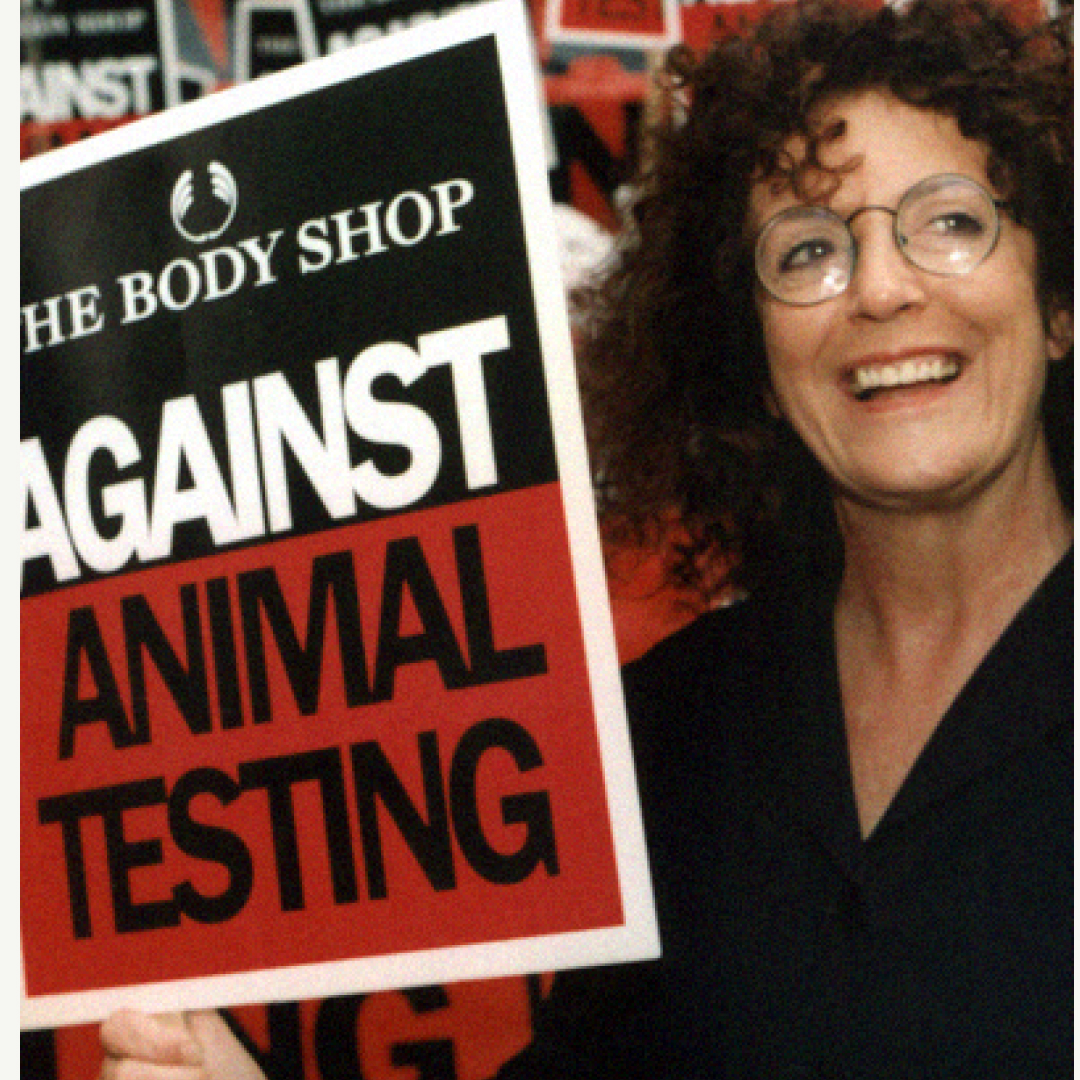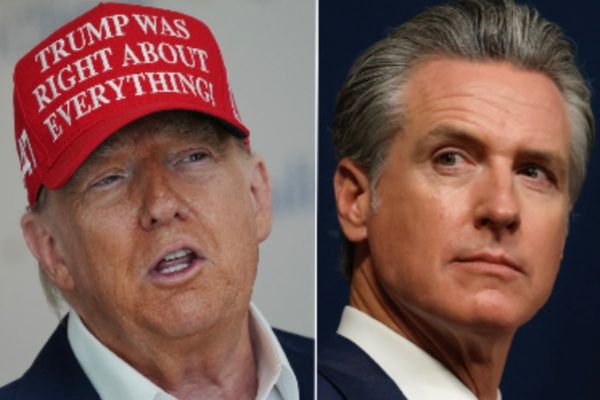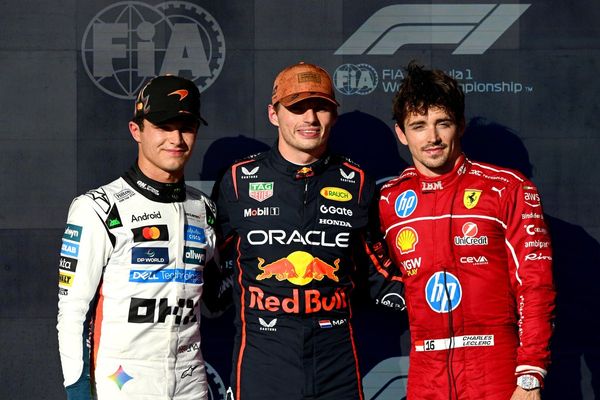
Despite a 25-year ban on animal testing for make-up ingredients in the UK in place, the government recently made a controversial decision to allow it once again. It's caused a huge stir in the beauty industry and among animal welfare advocates.
The ban came about back in 1998, when the UK took a stand against testing make-up and ingredients involved on animals, primarily thanks to the hard work of The Body Shop and Cruelty Free International - but earlier this year it came to light that in 2019 the government decided to do a 180 and align itself with the European Union's (EU) rules, which are a bit more lenient. This means they're now giving the green light for animal testing on cosmetic ingredients.
The government's decision to adopt EU regulations on animal testing for cosmetics has triggered a strong backlash. Among the vocal critics, animal rights organisation Cruelty Free International (CFI) expressed outrage, condemning the move as a de facto lifting of the long-standing animal testing ban. CFI vehemently opposes this policy shift, reaffirming its dedication to animal welfare and is asking for support by joining its #PledgeCrueltyFree campaign. "Email your MP asking them to support our call for a government-led plan to target zero tests on animals and the appointment of a Minister dedicated to the plan’s delivery across all government departments," says CFI.
To raise awareness of these changes and call for a reinstation of the full ban, The Body Shop and long-term campaign partner, Cruelty Free International, have launched a limited-edition version of their iconic heritage ‘Forever Against Animal Testing’ t-shirt. This t-shirt first appeared when the organisations campaigned on this issue in the early 90s and were worn by The Body Shop founder and activist Dame Anita Roddick.
100% of the profits from the sale of the new limited-edition t-shirts will go to Cruelty Free International to support their work to bring an end to inhumane animal testing.
What is animal testing?
Animal testing still occurs in the UK, but it comes with strict rules and a big dose of ethical consideration. It's mainly done to check if medicines and products are safe for humans. For medicines, they have to test them on both rodents and larger non-rodent mammals before moving on to human trials. But it's not just pharmaceuticals; it also covers products like household cleaning products, agricultural chemicals, and food additives.
Dr Emma Grange, Director of Science at CFI confirms that in 2022, around 2.76 million scientific procedures using live animals took place in the UK covering all animal tests (i.e. not just cosmetics). “Mice, rats, birds, sheep, fish and frogs were some of the most often tested on animals in 2022," she says. "Followed by guinea pigs, hamsters, rabbits, dogs, horses, pigs.”
In 2022, around 2.76 million scientific procedures using live animals took place in the UK
Dr Emma Grange, CFI
Animal testing in China
China has not had the best reputation when it comes to animal testing. It has a booming economy and a massive population of over 1.4 billion people. It's a goldmine for beauty brands hoping to make it big.
Historically, the Chinese government required all finished cosmetic products to be tested on animals before they could be sold. Fortunately, over the last 10 years, progress has been made, the Chinese cosmetic regulations have been modified to provide allowance to waive some of these requirements within specific circumstances.
As of 2023, provided the ingredients are registered, animal tests can be waived for domestically manufactured General Use cosmetics. However, animal testing is required for Special Use Cosmetics and cosmetics specifically marketed for infants, babies and children and cannot be waived.
"Imported “non special use” cosmetics such as shampoo, blusher, mascara and perfume for example, no longer have to be animal tested in Chinese laboratories," says Justine Jenkins, cruelty-free makeup artist and author of Sustainable Beauty. "As long as they have been made according to Good Manufacturing Practices and have a GMP certificate and full Safety Assessment report."
While the amended regulation is progression, in practice it remains challenging for brands in many countries to actually use the new process. "The government regulators that need to provide the GMP certificates are not set up to do so and it should be noted that so-called “special use” cosmetics – such as hair dyes, hair loss products, and sunscreens, still require animal testing.” So, if companies want to sell these products in China, they might have to go through animal testing, even if they've sworn off it everywhere else.
Furthermore, CFI explains that companies must still be aware that questions about safety and efficacy of the finished products raised by customers may still trigger inspection by the authorities, which could lead to animal testing of any type of product if it's deemed necessary.
So-called “special use” cosmetics – such as hair dyes, hair loss products, and sunscreens, still require animal testing in China
Justine Jenkins
Cruelty-free brands we love
In the beauty world, cruelty-free and vegan products are having a major moment with conscious consumers. So, let's break it down: cruelty-free means no animals were harmed or tested on, during product creation, while vegan products say "no thanks" to animal-derived ingredients like beeswax or honey.
Here are some beloved brands championing these principles:
The OG in cruelty-free beauty, certified by PETA. Don't miss the iconic White Musk Eau De Toilette.
This brand is Leaping Bunny approved and stick to some strict cruelty-free rules. Dive into the S’ABLE Qasil Exfoliating Mask for gentle sloughing action.
Certified by PETA, and it's even got a "Vegan at Hourglass" collection. Check out the Unlocked Lipsticks, doing their bit for the Nonhuman Rights Project.







